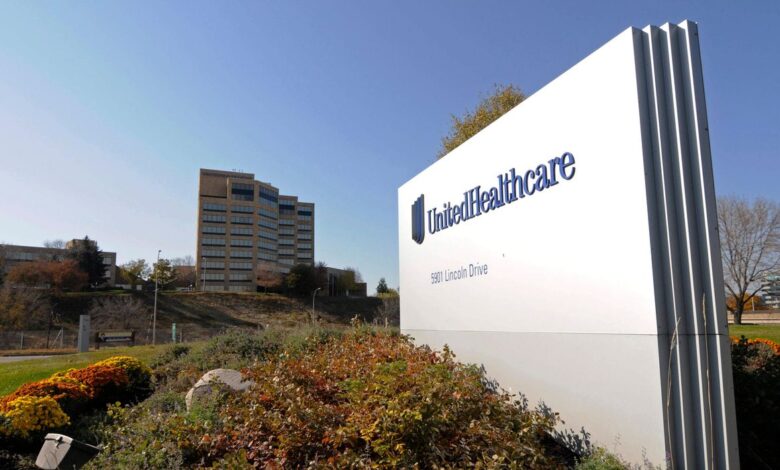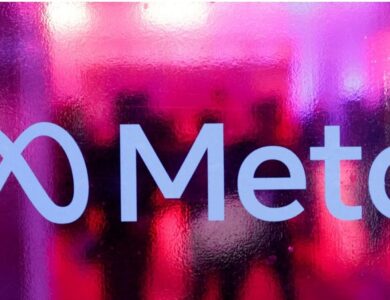EEOC Alleges UnitedHealthcare Discriminated Against Employees Seeking Religious Exemptions to Vaccine Mandates

The Biden administration has filed federal lawsuits against two employers that denied religious accommodation to workers seeking an exemption from COVID-19 vaccine requirements.
The Equal Employment Opportunity Commission filed a lawsuit against insurer UnitedHealthcare on September 20 in U.S. District Court for the Southern District of Ohio. The complaint says the company refused to grant a religious accommodation to Amanda Stone, a supervisor of clinical administration who had worked remotely since 2018.
The EEOC complaint said Ms. Stone, whose transition to telework was attributed to budget cuts, had no job duties that required her to enter company facilities or meet face-to-face with anyone.
UnitedHealthcare implemented a COVID-19 policy that required employees who entered company facilities, met with “customers, members, providers, or suppliers” in person, or who provided in-person care, to be vaccinated, according to the lawsuit.
UnitedHealthcare explicitly said “the policy did not apply to full-time telecommuters,” according to the EEOC, but Ms. Stone was notified she had to be vaccinated.
The company denied Ms. Stone’s two written requests for religious accommodation and fired her in January 2022, the lawsuit states.
A UnitedHealthcare spokesman told The Washington Times in an email that the company plans to “vigorously defend ourselves.”
The EEOC on September 19 sued Arkansas-based Hank’s Fine Furniture Inc., a home furniture retailer with stores in four states, for not granting a vaccine waiver to Kaitlyn M. O’Neal, an assistant store manager who said her beliefs blocked her from receiving the jab.
Managers at the company’s Pensacola, Florida, store dismissed Ms. O’Neal after they would not help her file an exemption request, the EEOC said.
The company emailed articles to Ms. O’Neal “in an effort to convince her that her sincerely held religious beliefs were not scientifically accurate,” according to the EEOC.
Another accusation says both Ms. O’Neal’s store manager and a direct supervisor told her the company “did not care why she would not take the COVID-19 vaccine, that [Hank’s] would never grant an accommodation, and that if she did not take the vaccine, she would not remain in management.”
Hank’s Fine Furniture said the company had no comment on the EEOC lawsuit.
The civil rights agency said the two employers were required to grant vaccine waivers requested by each employee on religious grounds under Title VII of the Civil Rights Act of 1964. The law prohibits discrimination based on a worker’s religion.
Despite the federal law, healthcare workers and other employees across the nation lost their jobs when they refused employer-required COVID-19 vaccinations. In July 2022, Virginia Attorney General Jason S. Miyares told Inova Health Systems that the company broke Virginia law by denying “multiple employee requests” for vaccine exemptions tied to religious beliefs or disability conditions.
In a late 2021 survey, 58% of Americans supported granting religious exemptions to government vaccine mandates, according to a study organized by the Public Religion Research Institute and Interfaith Youth Core.
This year, religious accommodation has taken on new meaning after the Supreme Court’s 9-0 ruling in Groff v. DeJoy. In that case, the “de minimus” standard for employer hardship was discarded in favor of a greater accommodation for workers. One religious accommodation expert said the ruling suggests potentially favorable outcomes for the exemption-denied workers in both cases.
“The timing of these lawsuits following the U.S. Supreme Court’s unanimous Groff v. DeJoy decision means that there is now a higher bar for employers to meet when denying a religious accommodation. People should not have to choose between their faith and their job,” said Mat Staver, founder and chairman of Liberty Counsel.
Perspective: The EEOC’s actions in these lawsuits highlight the ongoing disagreement over vaccine mandates and religious accommodations. While employers have a responsibility to ensure the health and safety of their workforce, they must also respect the religious beliefs of their employees. Striking the right balance between these two concerns is a complex challenge that requires careful consideration and legal analysis. As the cases unfold, they will likely have implications for future discussions and decisions regarding vaccine mandates and religious freedoms.




